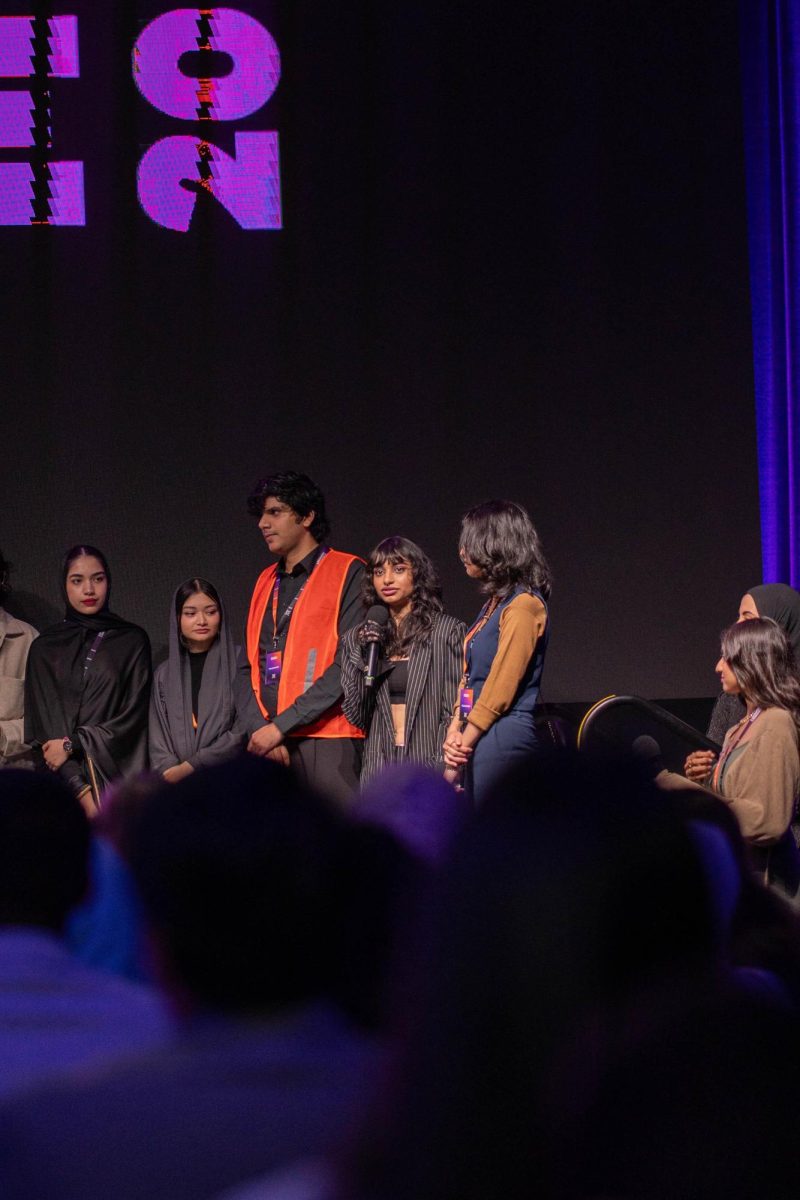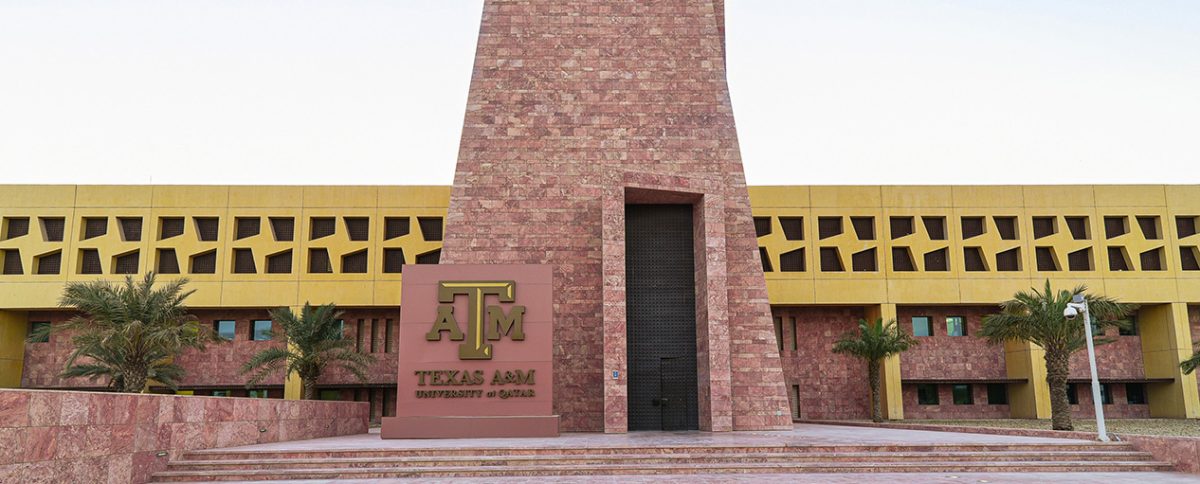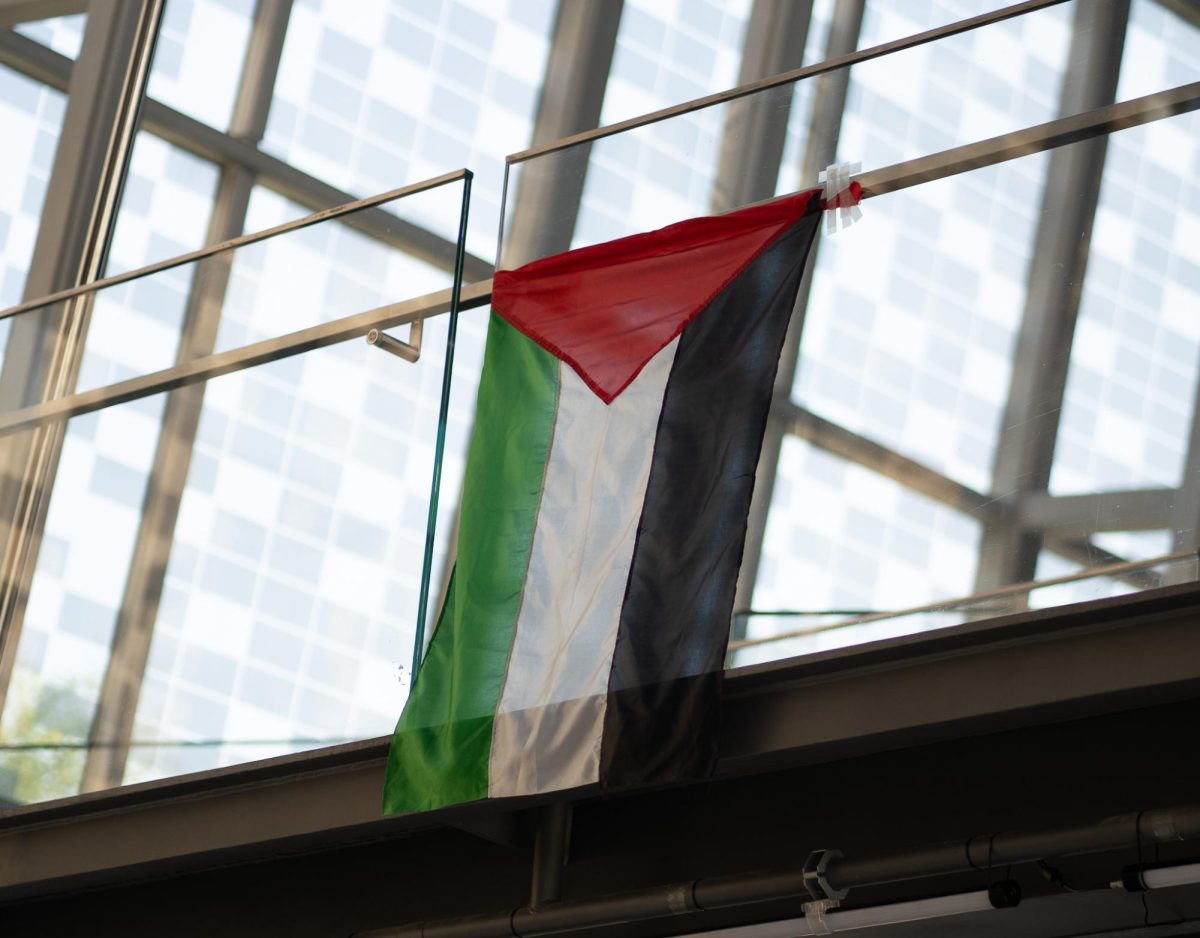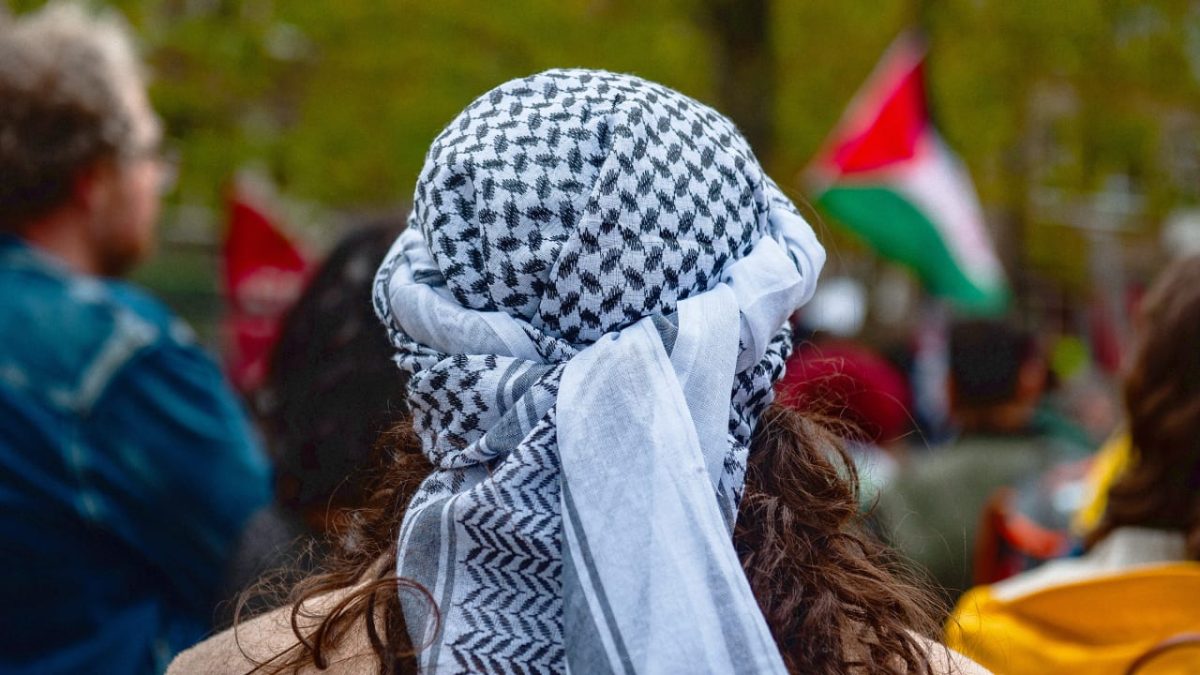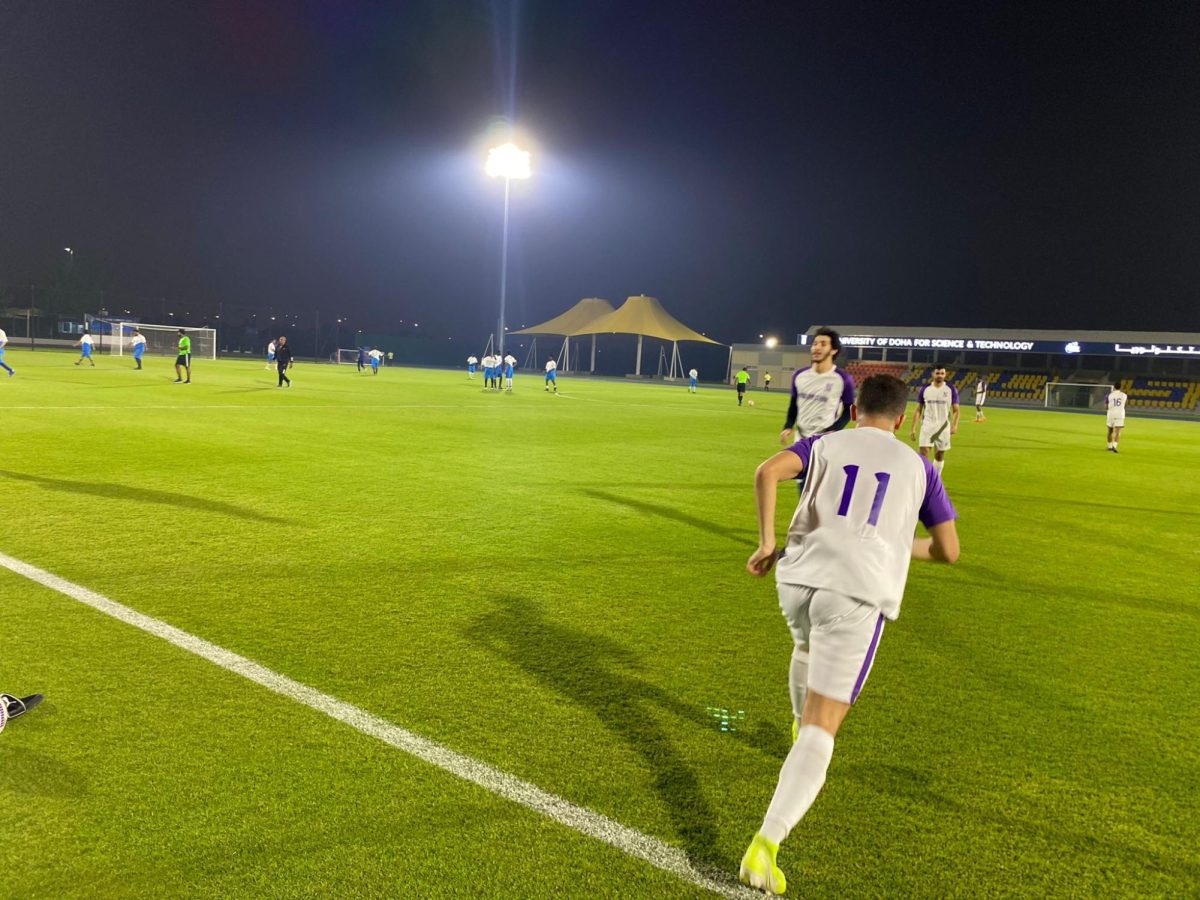Being truthful for the sake of justice is the need of the hour rather than being neutral, award-winning American broadcast journalist Laila Al-Arian said at a Community Talk held recently at Northwestern University in Qatar.
Al-Arian’s career path, her documentary “The Killing of Shireen Abu Akleh,” and a discussion of journalists’ social responsibilities were the focus of the session, facilitated by NU-Q Professor Zeina Awad on Oct. 4.
Growing up in a family with a deep interest in Palestinian political issues, Al-Arian’s early life was shaped by her family’s history as Palestinian refugees displaced in 1948, known as the nakba, when the state of Israel was established. Al-Arian’s father, a computer engineering professor, would influence her future passions, particularly in the realm of news.
Al-Arian has been nominated for 14 Emmy Awards across multiple categories, winning one for “The Ban: The Human Cost of Trump’s travel ban” in 2018.
“You care about stories, no matter where you are,” said Al-Arian, 41, referring to the disconnect between accounts of the first intifada that she heard from her parents and what was being shown in the Western media. She said news reports that portrayed Palestinians as aggressors and depicted Palestinian children throwing rocks at tanks were striking to her.
This exposure laid the foundation for her understanding of the media’s power to shape narratives and ultimately inspired her to embark on a 15-year journalism career after obtaining an MSJ from the Columbia School of Journalism in 2006 and go on to work on Al Jazeera’s award-winning documentary show “Fault Lines,” which aims to take audiences beyond the headlines, seek accountability and examine the role of the U.S. in the world.
Al-Arian’s passion ultimately led her to produce the documentary program “The Killing of Shireen Abu Akleh,” which documents the events surrounding the death of the veteran Al Jazeera Arabic correspondent who was shot in the head in May 2022 while reporting in the Jenin refugee camp in the West Bank. It is widely believed she was shot by Israeli forces.
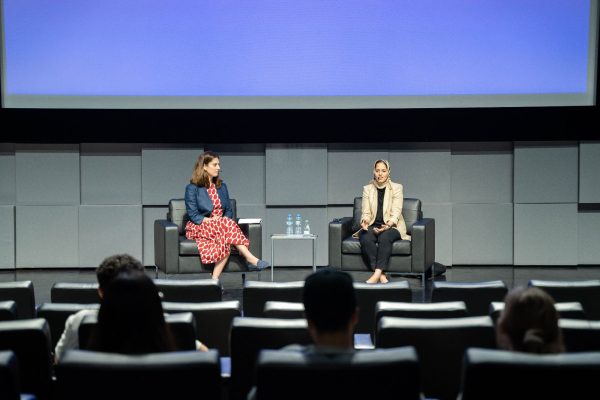
“We still don’t have justice in Shireen Abu Akleh’s case,” Al-Arian lamented, underscoring that 18 months had passed without any accountability for the killing. “I think this is a really simple story to highlight and to make sure we all collectively use our voices to call for justice,” Al-Arian stressed.
The documentary received the George Polk Award in the category of Foreign Television Reporting.
Reflecting on her role as the executive producer of “Fault Lines,” Al-Arian explained the complexities associated with producing such documentaries, and she cited investigative reporting on the killing carried out by several U.S. media outlets.
“Many Western news companies, such as the New York Times, CNN, and the Washington Post, stepped in to investigate and allocate resources to the cause,” she added. The New York Times’ lengthy investigation of the case corroborated Al Jazeera’s initial reporting, concluding that the bullet that killed Abu Akleh had been fired from the location of an Israeli military convoy.
While referring to the grim reality of civilians, journalists, and activists killed in the occupied Palestinian territories, Al-Arian specified the case of the American pro-Palestinian activist Rachel Corrie, who was crushed to death in 2003 in the Gaza Strip by an Israeli soldier driving a bulldozer. Al-Arian said the Corrie family’s 20-year quest for justice has been as harrowing as Rachel’s death.
Al-Arian questioned, however, whether lesser-known and non-American journalists killed would receive equal attention from the media.
Al-Arian championed journalism’s mission to speak truth to power, expose injustices, and give voice to those who lack a platform to share their stories. Quoting journalist Christiane Amanpour’s maxim of “Be truthful, not neutral,” Al-Arian advised aspiring journalists to remain flexible in the constantly evolving media industry, where adaptability is paramount.



